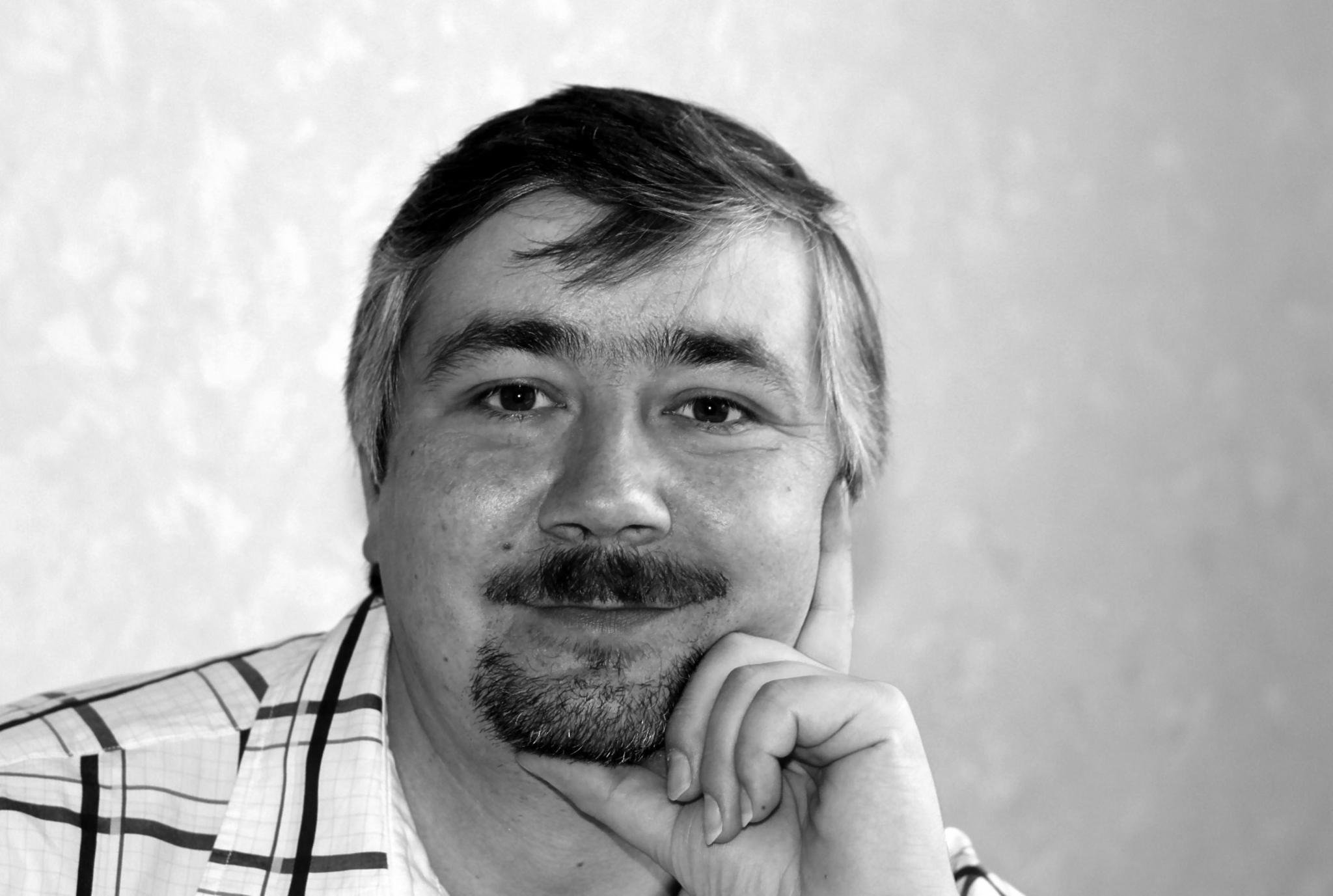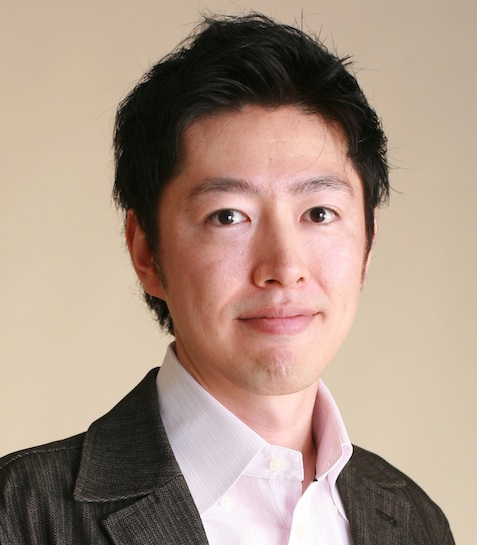|
Keynotes
Markus Aleksy | Naohiro Hayashibara
 |
Dr. Markus Aleksy
ABB AG Corporate Research Center, Ladenburg, Germany |
| |
Utilizing Wireless Comunication to Enable New Types of Industrial Applications
The recent progress in the development of wireless communication technologies enables new types of industrial applications. Traditional industrial systems usually rely on wired communication technologies to connect sensors and actuators. However, these type of communication needs to be replaced by wireless technologies in future to address new developments, such as mixed reality applications, automated guided vehicles, moving robots and drones or achieving higher flexibility required by increasing demand for highly customized products and adaptable production facilities.
In this talk, we will address and discuss representative use cases and concepts focusing on the usage of wireless technologies in an industrial setting. Moreover, we will present the related challenges and requirements of communication networks in such environments and discuss the applicability of 5th generation wireless communication systems.
Biography of Markus Aleksy
Markus Aleksy received the Management Information Systems degree in 1998, and the Doctorate degree in 2002 from the University of Mannheim, Mannheim, Germany, and the Doctorate degree in Information Science in 2007 from Tokyo Denki University, Tokyo, Japan. He lectured in University of Mannheim, Germany and Queen's University, Canada. Dr. Aleksy is the author or coauthor of more than 100 research papers. He is currently a Senior Scientist at the ABB AG Corporate Research Center, Ladenburg, Germany. His research interests include analysis, design, implementation, and evaluation of mobile and networked systems.
|
| |
|
 |
Dr. Naohiro Hayashibara
Kyoto Sangyo University, Japan |
| |
Lévy Walk on Graphs: Message Dissemination and Uninformed Search
Random walks play an important role in computer science, spreading a wide range of topics in theory and practice, including networking, distributed systems, and optimization.
Particularly, Lévy walk, a family of random walks, has attracted attention in recent years in the context of mobile ad-hoc networks, delay-tolerant networks, opportunistic communication, and global optimization problems. It is also used as a model of various things not only in informatics but also in biology and environmental science. Lévy walk is a mathematical fractal which is characterized by long segments followed by shorter hops in random directions. More precisely, the step distance obeys the power law distribution. The pattern has been found by Paul Lévy, but the similar pattern has also been evolved as a naturally selected strategy that gives animals and insects an edge in the search for sparse targets to survive. In fact, this movement pattern has been observed in the molecular machinery operating in cells, bacteria, the behavior of honeybees, mussels, mud snails, wandering albatross and shearwaters. In the area of computer science, it is most likely to be used as the mobility model in mobile ad-hoc networks because of the statistical similarity of human mobility. Most of the research work, however, assumes a continuous plane and hardly any results on graphs are available.
The goal of this keynote is introducing Lévy walk and its variants and presenting the challenge on Geometric graphs, especially Unit disk graphs, regarding message dissemination and uninformed search by using Lévy walk. The results on both message dissemination and uninformed search show that Lévy walk is quite efficient compared to random walks because of its ballistic trajectory. They also clarify the relationship between the efficiency of message dissemination and uninformed search, and the average degree/the diameter of the graphs.
Biography of Naohiro Hayashibara
Naohiro Hayashibara received his PhD in Information Science
from Japan Advanced Institute of Science and Technology (JAIST) in 2004. He was a Postdoctoral researcher at JAIST and then joined Tokyo Denki University in 2005. He is currently an Associate Professor at the Faculty of Information Science and Engineering, Kyoto Sangyo University. His research interests include issues related to distributed systems, dependability, metaheuristic algorithms, P2P systems and graph algorithms.
|
|



